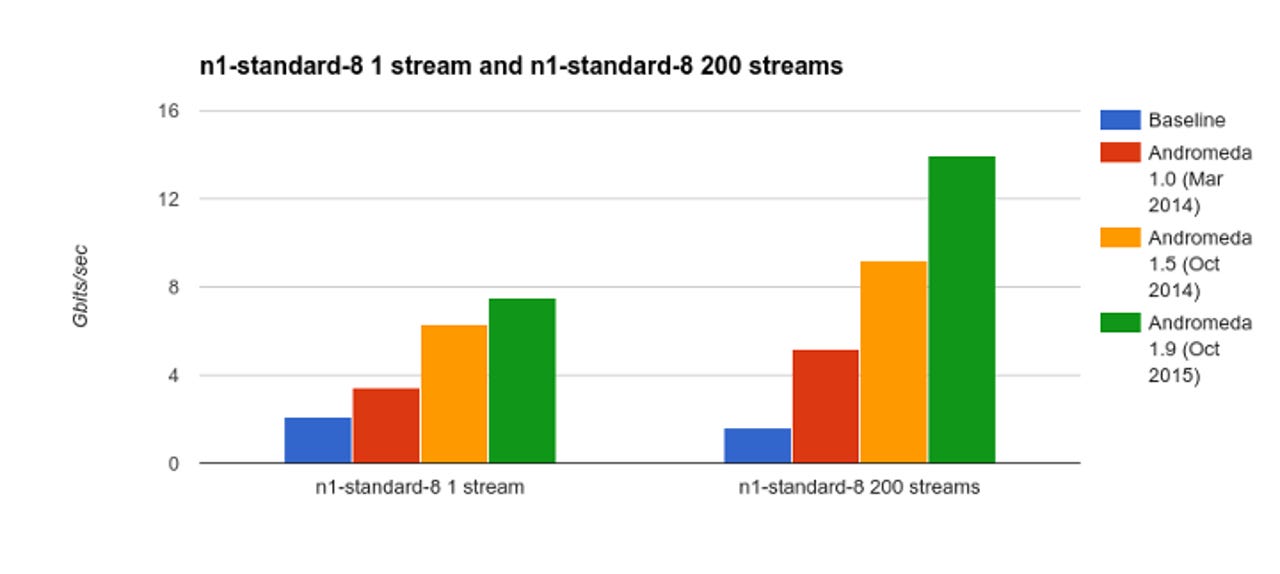Google and Akamai partner on speeding up cloud networking

Inside Google's Google Cloud Platform data-centers, everything is hooked together with 10GB Ethernet. Once your traffic is on its way to the public, it runs on top of Google's own Content Delivery Network (CDN) Interconnect. That's fast, but it's not fast enough. So, Google, has partnered with Akamai, a leading global CDN provider, to open even more pipes to Google's Cloud.

Why is Google doing this? Because its customers are demanding it. As Morgan Dollard, Google's Cloud Networking Product Management Lead, blogged, "Our customers have reiterated to us the critical importance of business continuity and service quality for their key processes, especially around network performance given today's media-rich web and mobile applications."
John Gage, the computer scientist who came up with Sun's slogan, "The network is the computer," may not have been quite right, but he was close. In today's world with IT moving to the cloud as fast as it can, networking performance is critical for computing.
What a hybrid cloud is in the 'multi-cloud era,' and why you may already have one
Or, as Google now puts it: "Speed is a feature." With Akamai's CDN incorporated into Google's CDN Interconnect, Google Cloud traffic will run over select Akamai CDN locations over a private route to Google's edge network. This will help reduce latency and egress costs for their customers. Akamai's peering with Google will vastly increase the number of points-of-presence to Google's networks. This, in turn, will enable Google Cloud Platform to deliver more responsive cloud services.
Akamai's participation will be done via Akamai Intelligent Platform. This in turn has a direct interconnect with Google network. Akamai states that customers should see performance improvements and save up to 66 percent on Google Cloud Platform egress costs.
Technically, Google is also speeding up traffic from its cloud to users by making HTTPS Load Balancing generally available. With more than 70 global network points of presence and Google's private fiber network, Google predicts you'll see dramatically better latency and application availability
While it's invisible to Google Cloud Platform users, Google claims that Andromeda, Google's SDN virtualization stack has doubled throughput for both single-stream and 200-stream benchmarks. The company's benchmark numbers back this up.
Additionally, if you use Google's Virtual Virtual Private Network (VPN), Google promises you'll get immediate improvements. That's because the subnetworks will enable you to easily configure your VPN gateway with different destination IP ranges per-region in the same network. Besides expanding you VPN route control, this regional targeting will give you lower latency compared to an IP range spanning all regions.
Adding on to this functionality, with Cloud Router, enterprise-grade VPNs to Google will get dynamic routing. This is done using Border Gateway Protocol (BGP).
Put it all together and what you'll get is much faster network interactions with your Google Cloud Platform. If faster network speed is what you want from your public cloud, it's time to give Google Cloud a long hard look.
Related Stories: